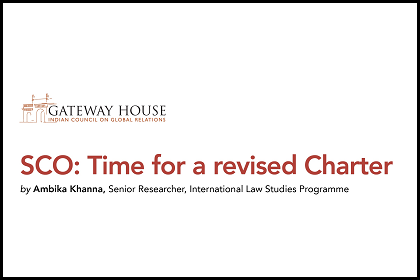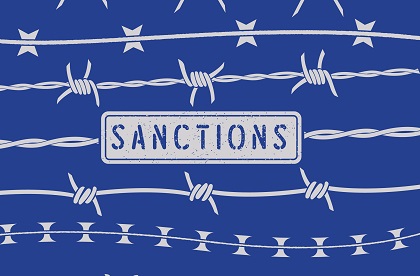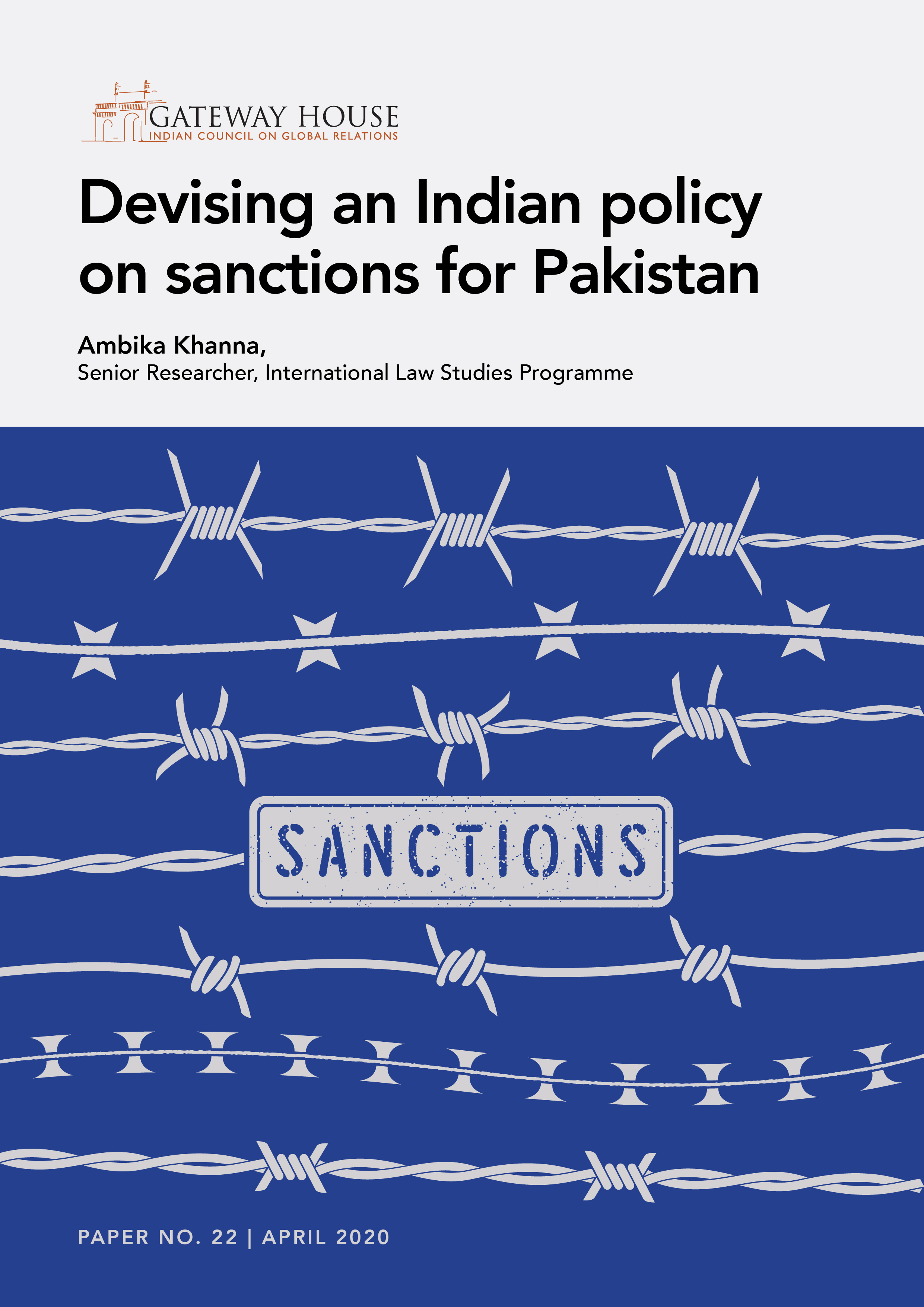 Courtesy: Gateway House
Courtesy: Gateway House
The expansion in membership of the Shanghai Cooperation Organisation (SCO) is an opportunity to review, possibly revise and widen the scope of its Charter to make it more suited to address the concerns of all its members, including new ones like India. This paper recommends what the changes in the SCO Charter ought to be by comparing it with the successful ASEAN charter.
 Courtesy: Shutterstock
Courtesy: Shutterstock
India is ahead of the curve in considering the regulation of non-personal data. The July 2020 Report by the government-appointed Gopalakrishnan Committee evaluated several aspects of non-personal data including its monetisation. An analysis of the Report, however, reveals some lacunae and questions on the early nature of the assessment since India has yet not yet established rules on the governance of personal data.
 Courtesy: Shutterstock
Courtesy: Shutterstock
For countries and companies reeling from the severe economic impact of COVID19, force majeure is a mighty legal tool that has not received much attention in contracts. An analysis of what it is, how it works and how it can be enforced.
 Courtesy: Gateway House
Courtesy: Gateway House
The shifting geopolitics of the COVID19 crisis might be an opportune time for India to consider new strategies for managing and curtailing Pakistan’s military aggression in the future. One policy tool used effectively by other countries is the imposition of economic sanctions. India needs to devise a comprehensive, multi-pronged approach.
 Courtesy: Gateway House
Courtesy: Gateway House
India must consider new strategies that can be put in place to manage Pakistan's ongoing military aggression and security threat. One policy tool that has been used effectively by many countries but remains unexplored by India is the imposition of sanctions. This paper analyses the feasibility of imposing sanctions on Pakistan and the strategies India should consider to execute this effectively. It makes recommendations on how to establish a legal framework, amend existing laws, include Indian stakeholders with business interests in Pakistan, get government departments to collaborate on implementation, and considers diplomatic measures India can undertake.
 Courtesy: Shutterstock
Courtesy: Shutterstock
COVID-19 and remote working have resulted in a surge in demand for digital intermediaries, such as Zoom. Most of these are U.S.-based, with some having servers in China, which has aggravated privacy concerns. IT companies have responded quickly by fortifying themselves internally through a range of measures, but it is now time for India’s highly accomplished tech industry to devise secure, scalable platforms with India-based servers
 Courtesy: Shutterstock
Courtesy: Shutterstock
Sanctions, a form of imposing control and pressure, traditionally focused on countering nuclear proliferation and trade-related disputes. Recently countries have expanded their scope and impact by using them as potent tool of warfare
 Courtesy: Shutterstock
Courtesy: Shutterstock
The Committee on Foreign Investment in the United States (CFIUS) is an inter-agency body which reviews in-bound foreign investments for their impact on national security. The Treasury Department recently proposed draft regulations, strengthening it. An analysis of the effect these amendments have had – and their applicability in an Indian context
 Courtesy: Gateway House
Courtesy: Gateway House
Data localisation, or the practice of physically storing data on servers located within a country, has become a subject of robust debate after India introduced data localisation provisions in its domestic laws. India’s position is not unique; China and Russia too have similar laws. It has pitted countries against each other. This Gateway House primer explains the complexities of data localisation and its elements
 Courtesy: Shutterstock
Courtesy: Shutterstock
The extradition bill for Hong Kong, which drew massive protests, has been put into suspension. The bill is not just a matter of concern for the island state, but a global signal too. The people of Hong Kong want it to withdrawn completely and are pushing for the issue to be raised at the G20 Osaka summit on 28-29 June 2019












